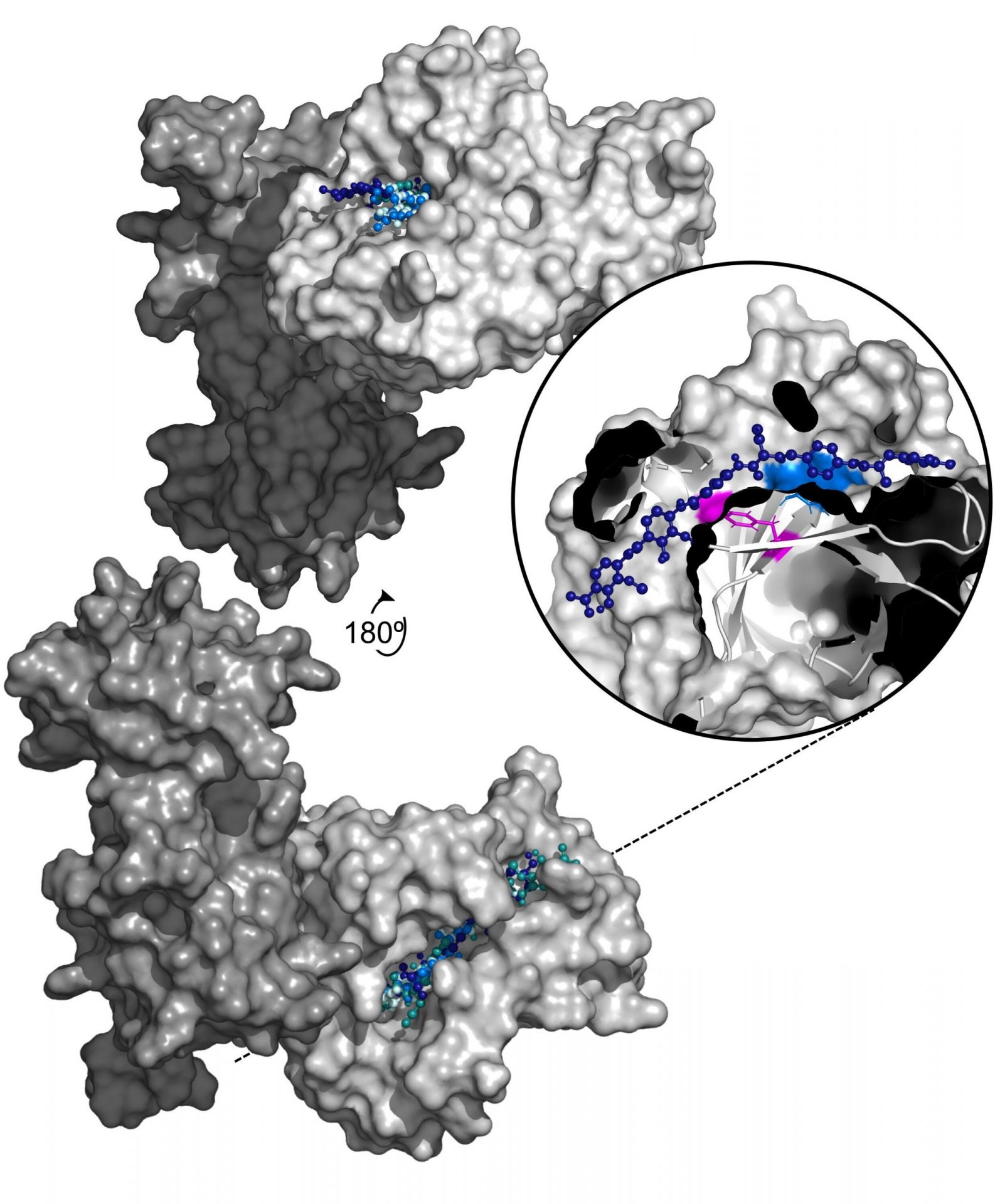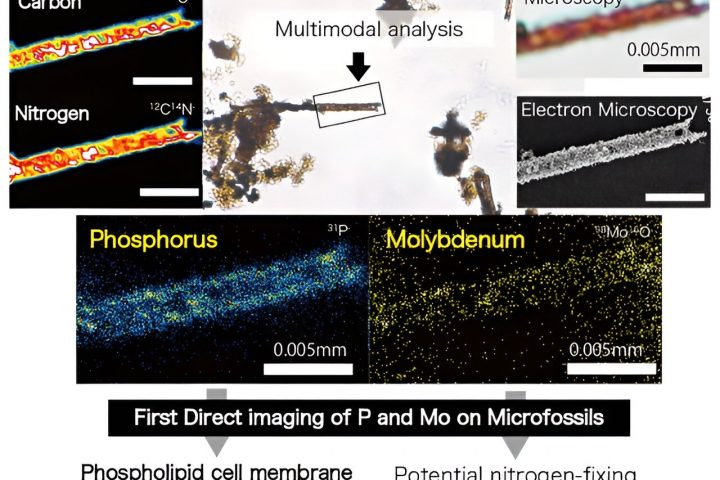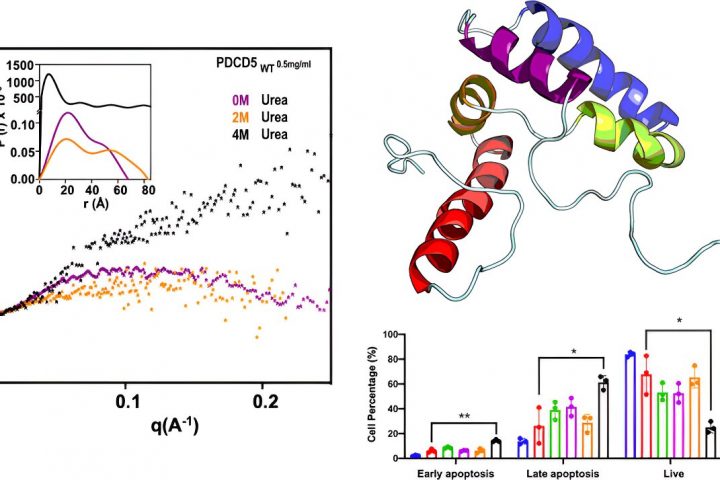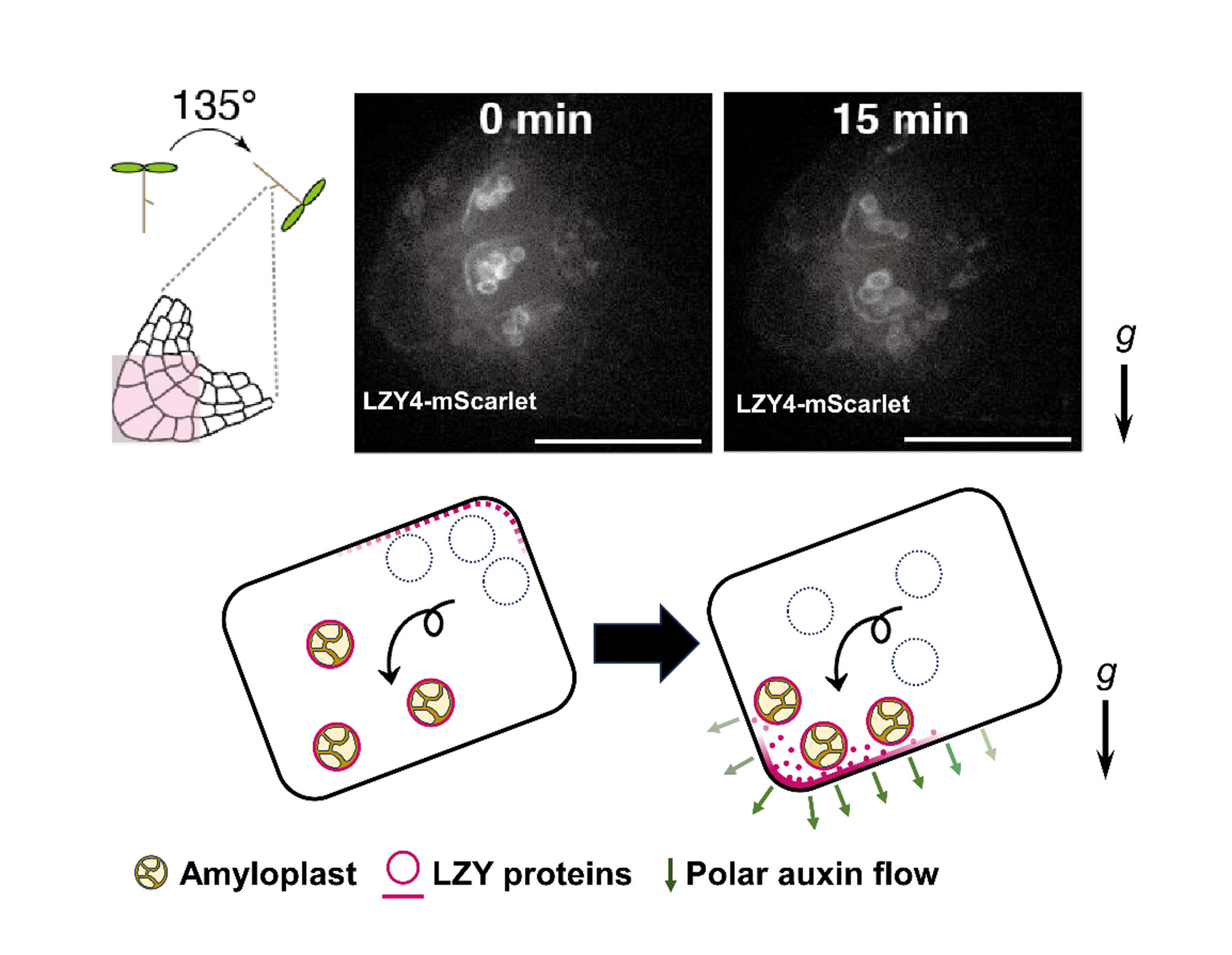A groundbreaking analysis has uncovered a startling discovery: infectious bacteria exposed to the antibiotic albicidin can rapidly develop up to a 1,000-fold increase in resistance through a gene amplification mechanism. Mareike Saathoff and her team from Freie Universität Berlin, Germany, have published these findings in the esteemed open access journal PLOS Biology.
The rise of bacterial resistance to antibiotics is a pressing issue, causing millions of deaths worldwide each year. Gaining insight into how bacteria develop resistance is crucial for the development of more effective antibiotics and strategies for their use.
In recent years, albicidin has emerged as a promising antibiotic capable of eliminating a wide range of bacterial species by disrupting their DNA replication. Scientists are actively working on creating new medications based on albicidin. However, despite its potential, some bacteria have managed to develop resistance to this antibiotic.
To delve deeper into the mechanisms of albicidin resistance, Saathoff and her colleagues conducted a series of experiments using various tools, including RNA sequencing, protein analysis, X-ray crystallography, and molecular modeling.
They discovered that two bacteria commonly associated with human infections, Salmonella typhimurium and Escherichia coli, develop resistance to albicidin when exposed to increasing concentrations of the compound. Their analysis pinpointed the source of this resistance to an increase in the number of copies of a gene called STM3175 (YgiV) within the bacterial cells. This gene is amplified in each new generation of cells as they multiply. STM3175 encodes a protein that interacts with albicidin in a way that shields the bacteria from its effects.
Further experiments revealed that this albicidin-resistance mechanism is widespread among both pathogenic and harmless bacteria, including Vibrio vulnificus, which can cause wound infections, and Pseudomonas aeruginosa, which can lead to pneumonia and other infections. These findings have the potential to greatly impact the development of albicidin-based antibiotic strategies.
The authors of the study state, “Our research uncovers a gene duplication and amplification-based mechanism of a transcriptional regulator in Gram-negative bacteria, which mediates resistance to the peptide antibiotic albicidin.”
,,,








